It has been almost a year since United States Department of Agriculture took down its ORAC database. Now that this official reference point is gone, does this measure of antioxidant potential still have relevance in the marketplace?
Get Started for FREE
Sign up with Facebook Sign up with X
I don't have a Facebook or a X account

 Your new post is loading... Your new post is loading...
 Your new post is loading... Your new post is loading...
Countering some minor concerns (see our sidebar, “Coffee concerns: minor at most”), growing evidence indicate that coffee is probably a preventive-health powerhouse.
Women with breast cancer who had a few alcoholic drinks per week before their diagnosis were slightly less likely to die from their cancer, according to a study that followed newly-diagnosed patients for 11 years, on average.
Even a small sleep deficit — as little as an hour a night — can lead to some seriously unpleasant conditions, including floppy eyelids, sexual dysfunction and loss of hair, hearing and even vision.
“Because when we don’t get enough sleep, our immune systems go into overdrive, which causes systemic inflammation and turns on dangerous genetic switches.”
When people stop working, everything about their weekday schedule changes. Their lives may move more slowly and be more relaxed. Losing work-related stress may come as a huge relief — and be good for your health. But losing your everyday movement and social interaction can also harm your health.
RT @EricTopol: Genomics at Your Fingertips http://t.co/iehVcVfP by @drkevincampbell HT @cyphergenomics #CDoM Via Brian Shields 
Brian Shields's curator insight,
February 9, 2013 2:17 AM
Interesting article on the possible future development of sequencing in the primary care office. The article builds off a new technology reported by Anne Eisenberg in a recent NY Times article. This technology from a company called Knome, allows a single Lab or office to sequence a person's genome. The technology costs about $125,000.
Help may be on the way for people with compromised immune systems, severe allergies, or who otherwise have to be wary of airborne nasties. A team of scientists have created something known as a soft x-ray electrostatic precipitator, or an SXC ESP for short. It filters all manner of bacteria, allergens, viruses, and ultrafine particles from the air – plus, it kills everything it catches.
As a futurist, you are famous for making predictions of when technological innovations will actually occur. Are you willing to predict the year you will die?
Ray and Terry's 's insight:
There are many myths, misconceptions and misunderstandings when it comes to the nutritional health of those consuming a vegetarian or vegan diet. In essence, all vitamins and minerals necessary for the human body to be healthy and vibrant can be found from natural, non-animal sources; however certain nutrients are more difficult to source due to the production methods of modern food.
NEW YORK (Reuters Health) - The gap between how long people expect their cough to last and how long it actually does may drive some to the doctor for antibiotics that won't help, according to a new study.Researchers...
Ray and Terry's 's insight:
Antibiotics are overused and create an imbalance in your digestive and immune system. If you have been taking antibiotics for an illness, consider supplementing with probiotics afterwards in order to reset your gastric balance of healthy bacterium.
A daily multivitamin does not increase the risk of death, says a new meta-analysis from Australia that supports the safety of the supplements and challenges previous controversial analyses.
Offering women information on colon cancer screening via the web does not get them to take up screening any more effectively than printed materials, according to a new study.
"It's disappointing that the web didn't have more effect," said Dr. David Weinberg of Fox Chase Cancer Center in Philadelphia, the report's lead author.
Ray and Terry's 's insight:
Don't forget to talk to your doctor and undergo appropriate assessment. Taking the lead in your own health care is essential to promote your longest possible healthy lifespan.
Americans have longer, but not necessarily healthier, lives due to high rates of preventable chronic disease, according to an annual report on the nation's health released on Tuesday.
Gains in life expectancy contrast with Americans' unhealthy behaviors, which have led to a 28 percent adult obesity rate, a diabetes rate of nearly 10 percent and a high blood pressure rate of more than 30 percent, according to United Health Foundation's 2012 America's Health Rankings.
Ray and Terry's 's insight:
The goal of extending life should not be simply to make it longer. It is a longer quality life, a vibrance and healthy enjoyment that we seek to extend. Medical science may keep humans living, but we must individually focus on 'how' we live in order to enjoy the extra years. |
Compared to a decade ago, fewer Americans have a cluster of risk factors that together can signal heart troubles and diabetes down the line, according to a new study.
But while so-called metabolic syndrome is declining, some of its components - including large waistlines and poor blood sugar control, which carry their own risks - are becoming more common, researchers found.
Traditional Chinese medicine has long analyzed breath as a way to assess human health and in recent times state-of-the-art technology has been brought to this approach to diagnose various diseases and even stress. Swiss researchers at ETH Zurich and at the University Hospital Zurich are continuing to advance this field by developing a “breathprinting” technique using mass spectrometry that they hope will become competitive with the established analysis methods based on blood and urine.
The most striking studies find a connection to reduced risk of cardiovascular disease.
In the latte-obsessed United States, tea is gaining ground as scientists and the public learn more about its benefits.
Want to cut the length of your workout while maintaining or even increasing the benefits? Try interval training, a type of cardiovascular workout in which you alternate bursts of peppier exercise with slower-paced recovery periods.
Intervals make you work more efficiently: Your overall intensity is greater, so the length of your workout can be cut by about 20 percent. Plus, a growing body of evidence suggests that this approach yields health benefits comparable or superior to traditional exercise.
Caleb's comment,
April 10, 2013 5:28 PM
Great way to being able to incorporate workouts into someones schedule while at the same time not taking too much time so as to allow more time for other things.
Cardiac arrests are more likely when levels of air pollution - especially soot-like particles and ozone - have been high in recent days or even hours, according to a large study from Texas.
A degradable nanoscale shell to carry proteins to cancer cells and stunt the growth of tumors without damaging healthy cells has been developed by a team led by researchers from the UCLA Henry Samueli School of Engineering and Applied Science.
Vegetarians are one-third less likely to be hospitalized or die from heart disease than meat and fish eaters, according to a new UK study.
Earlier research has also suggested that non-meat eaters have fewer heart problems, researchers said, but it wasn't clear if other lifestyle differences, including exercise and smoking habits, might also play into that.
Jamie callihan's comment,
February 25, 2013 12:02 PM
This articles shows a study of vegetarians verse meat eaters. Vegetarians were less likely to get heart disease due to the fact they had lower cholesterol levels and blood pressure. They said this was probably due to the lack of red meat (especially the meat high in saturated fat) and the fruits and vegetables high in fiber in a vegetarian diet. To reduce the risk of heart disease, ypi do not need to cut out meat all together, but instead just cut back.
Measure the state of your body and “tune” it. The “patient of the future” measures both external and internal variables. Used to measure weight only, then blood variables, then SNPs (partial genome), then full genome. Critical to track and reduce inflammation.
Ray and Terry's 's insight:
(Viewing is free today only)
Increased intakes of lycopene are associated with a reduction in the incidence of cardiovascular disease and coronary heart disease, says a new study from Tufts and Boston University.
“Exercise can partially reverse the effects of the aging process ... a minimum quantity and quality of exercise decreases the risk of death, prevents development of certain cancers, lowers the risk of osteoporosis, and increases longevity.” (Gremeaux V et al. 2012) Now, a data analysis from Canada pinpoints the lifespan extension different groups can expect from regular, moderate exercise.
Ray and Terry's 's insight:
Again and again, exercise is proven to help increase life expectancy. More importantly, staying active will extend your quality life span, because you will remain healthier and retain vibrancy as you age.
The ViSi Mobile vital signs monitor built by Sotera Wireless of San Diego, California. This wearable sensor pack uses Wi-Fi technology and is claimed to allow doctors using a tablet or smartphone to remotely monitor patient vital signs with the accuracy of an intensive care unit.
Designed around the concept of “monitoring in motion,” the ViSi Mobile consists of several units made of rugged, water-resistant plastic. These include a wrist unit with monitor readout, chest sensors, a blood pressure cuff monitor and a thumb sensor. These are connected to the existing hospital data infrastructure via Wi-Fi with WPA2 encryption for security.
"Although we and others have created primitive biological pacemakers before, this study is the first to show that a single gene can direct the conversion of heart muscle cells to genuine pacemaker cells. The new cells generated electrical impulses spontaneously and were indistinguishable from native pacemaker cells," said Hee Cheol Cho, PhD., a Heart Institute research scientist.
Pacemaker cells generate electrical activity that spreads to other heart cells in an orderly pattern to create rhythmic muscle contractions. If these cells go awry, the heart pumps erratically at best; patients healthy enough to undergo surgery often look to an electronic pacemaker as the only option for survival. |





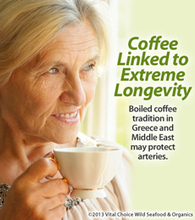



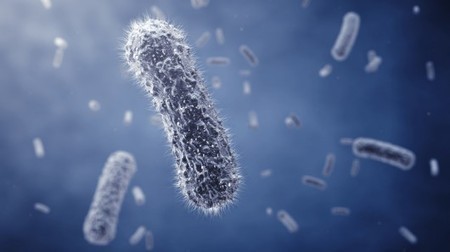
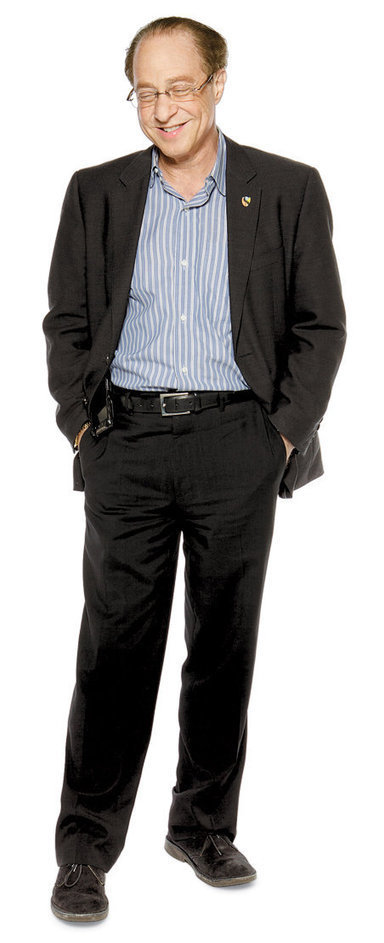


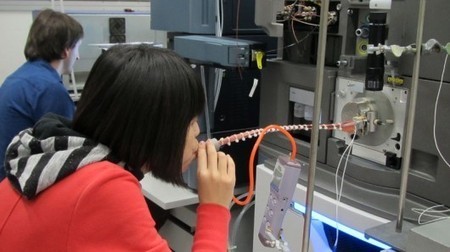

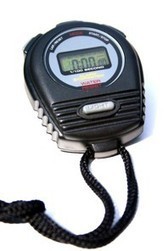

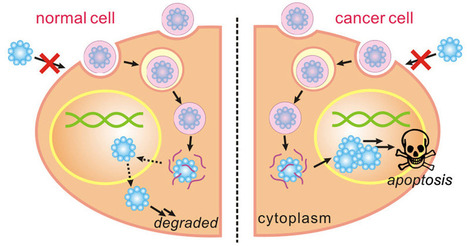

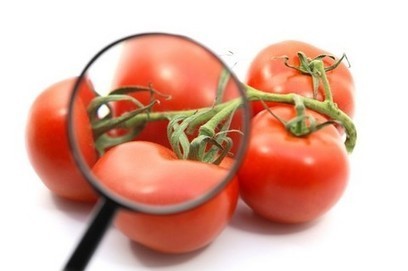
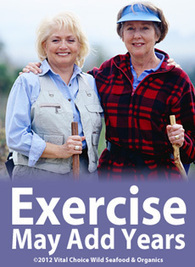







Using the ORAC scale to understand antioxidant content in relative terms can still be useful. Comparing foods on this scale provides information that you can use to rank foods and evaluate the health benefits of a particular fruit or benefit in relation to others.